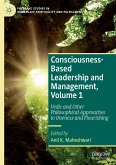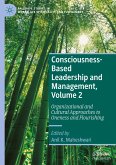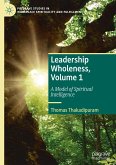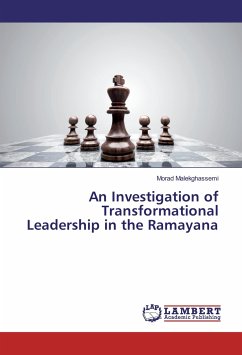This two-volume set examines the need for a consciousness-based view of leadership, which emphasizes universal human flourishing, as opposed to a resource-based view, which focuses on sustaining a competitive advantage. This approach is built around three main principles: 1) Paradigm (Consciousness is primary including complementary existence of opposites), 2) Interpersonal (focusing on empathy and compassion), and 3) Individual (experiencing Oneness and expressing creativity).
Volume One is divided into three sections. The first section focuses on Consciousness-based approaches to Inclusive, Purposeful, Quantum, and Vedic leadership. The second section focuses on leadership principles from Vedic scriptures such as Ramayana and Vedanta. The third section includes leadership principles from other scriptures such as Buddhism, Confucianism, Daoism, and Thirukural.
Aligning leadership practices with the notion of unbounded consciousness, this edited collection will extend the literature on organizational culture, leadership, and sustainability, contributing to solving the grand challenges facing humanity.
Chapter(s) Chapters 2 and 6 are available open access under a Creative Commons Attribution 4.0 International License via link.springer.com.
Volume One is divided into three sections. The first section focuses on Consciousness-based approaches to Inclusive, Purposeful, Quantum, and Vedic leadership. The second section focuses on leadership principles from Vedic scriptures such as Ramayana and Vedanta. The third section includes leadership principles from other scriptures such as Buddhism, Confucianism, Daoism, and Thirukural.
Aligning leadership practices with the notion of unbounded consciousness, this edited collection will extend the literature on organizational culture, leadership, and sustainability, contributing to solving the grand challenges facing humanity.
Chapter(s) Chapters 2 and 6 are available open access under a Creative Commons Attribution 4.0 International License via link.springer.com.








